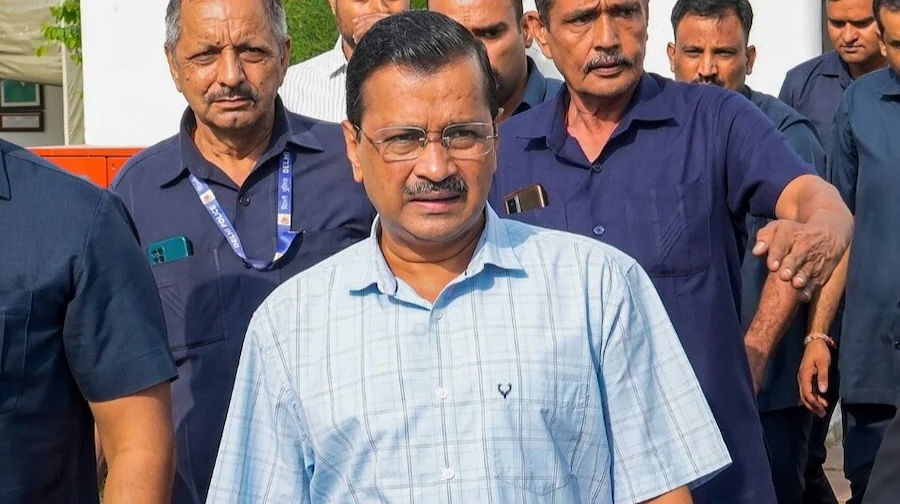India-China Relations: Navigating Tensions and Cooperation
In 2024, Narendra Modi’s re-election campaign emerged victorious, which made him the Prime Minister for a record-breaking third time. Consequently,…

Arvind Kejriwal
Western countries are now habitual of criticising India on its internal matters. Every time something happens in India, the West is ready to penetrate its nose. Whether it’s CAA, Farmers’ protests, or the Kashmir issue, they treat the issues like their own. The West has again adopted the same attitude, but now the problem is the arrest of Delhi’s Chief Minister, Arvind Kejriwal, in the Delhi liquor scam case.
On Thursday, March 21, the ED arrested Kejriwal after over two hours of interrogation at his home. The case concerns alleged money laundering and corruption during the Delhi government’s development and implementation of the excise policy for 2021–2022, which was subsequently abandoned.
On Monday, a US State Department spokesman said the department was monitoring reports of Kejriwal’s arrest. In response to an email regarding the case, the spokesperson stated, “We encourage a fair, transparent, and timely legal process for Chief Minister Kejriwal.”
The US statement followed Germany’s rebuke of similar remarks, which led New Delhi to call for a German envoy to express disapproval of his government’s statements regarding the arrest.
Sebastian Fischer, a spokesman for Germany’s foreign office, stated at a press conference on Friday that Kejriwal had the same right to a fair and impartial trial as anyone else facing charges. He said, “We assume and expect that the standards relating to basic democratic principles and judiciary independence will also be applied in this case.”
On Saturday, India’s foreign ministry said that New Delhi had called Georg Enzweiler, the deputy chief of mission at the German embassy, and conveyed India’s strong protest at the remarks.
“The State Department’s recent remarks are unjustified. It is intolerable for anyone to impugn our legal and electoral systems in this way from outside. The Rule of Law solely guides legal procedures in India. Anyone with a similar ethos, especially fellow democracies, should have no trouble appreciating this fact,” said an official of the External Affairs Ministry of India.
Advertisement